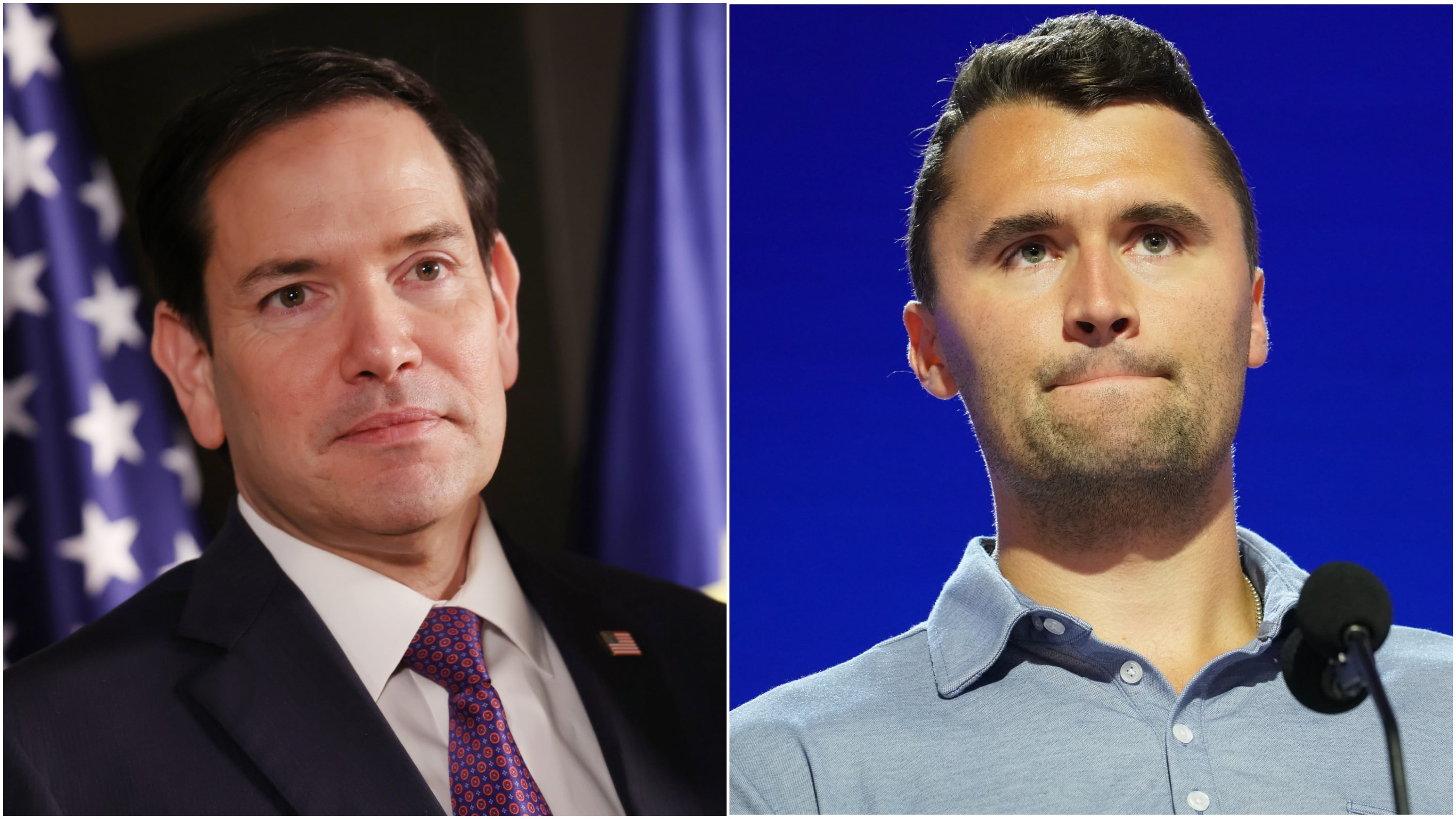
US Government Revokes Visas After Controversial Comments About Charlie Kirk
The U.S. State Department has taken the significant step of revoking the visas of several individuals who reportedly made light of or celebrated the shooting of conservative activist Charlie Kirk. This decision has sparked a heated debate regarding freedom of speech, acceptable discourse, and the responsibilities of visa holders in the United States.

According to official statements, the State Department "has no obligation to host foreigners who wish death on Americans." The action was reportedly taken in response to comments made online following the shooting incident involving Kirk at Utah Valley University last month. The State Department shared examples of comments they deemed to be celebrations of the "heinous assassination," though the accuracy of the term "assassination" itself has been debated.
One example cited included an alleged comment from an Argentine national who reportedly stated that Kirk "devoted his entire life spreading racist, xenophobic, misogynistic rhetoric" and "deserved to burn in hell." Another example mentioned a Paraguayan national who allegedly referred to Kirk with derogatory language.
Freedom of Speech vs. Visa Obligations: A Complex Issue
This move by the State Department has quickly ignited a discussion about the boundaries of free speech, especially for non-citizens residing in the United States on visas. While the First Amendment protects freedom of speech for everyone within U.S. borders, the government argues that visa holders have certain obligations and that celebrating violence against individuals crosses a line. Visa revocation is a serious matter with significant consequences for those affected.
Critics argue that the government's action sets a dangerous precedent and could lead to a chilling effect on free expression. They contend that even offensive or distasteful speech should be protected, especially when it does not directly incite violence. The Foundation for Individual Rights and Expression (FIRE), which is already suing the administration over similar visa revocations related to criticism of Israel, has condemned the move, stating, "You can't defend 'our culture' by eroding the very cornerstone of what America stands for: freedom of speech and thought."
Previous Instances and Ongoing Debate
This isn't the first time the Trump administration has revoked visas based on expressed opinions. In March, over 300 visas were reportedly revoked from individuals critical of Israel's military actions in Gaza. These actions have fueled ongoing concerns about potential abuses of power and the erosion of free speech protections.
Secretary of State Marco Rubio has been vocal about the policy, stating that individuals on visas who "cheer on the public assassination of a political figure" should "prepare to be deported." Deputy Secretary of State Christopher Landau had also previously encouraged people to report such comments to the State Department.
The debate continues regarding the balance between national security concerns, the potential for inciting violence, and the fundamental right to freedom of expression. How this situation unfolds could have lasting implications for the future of free speech and immigration policy in the United States. We'll continue to follow this developing story and provide updates as they become available. Stay tuned for more information about visa regulations and political discourse.
```